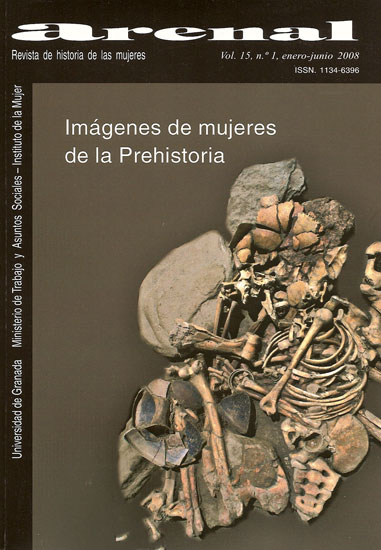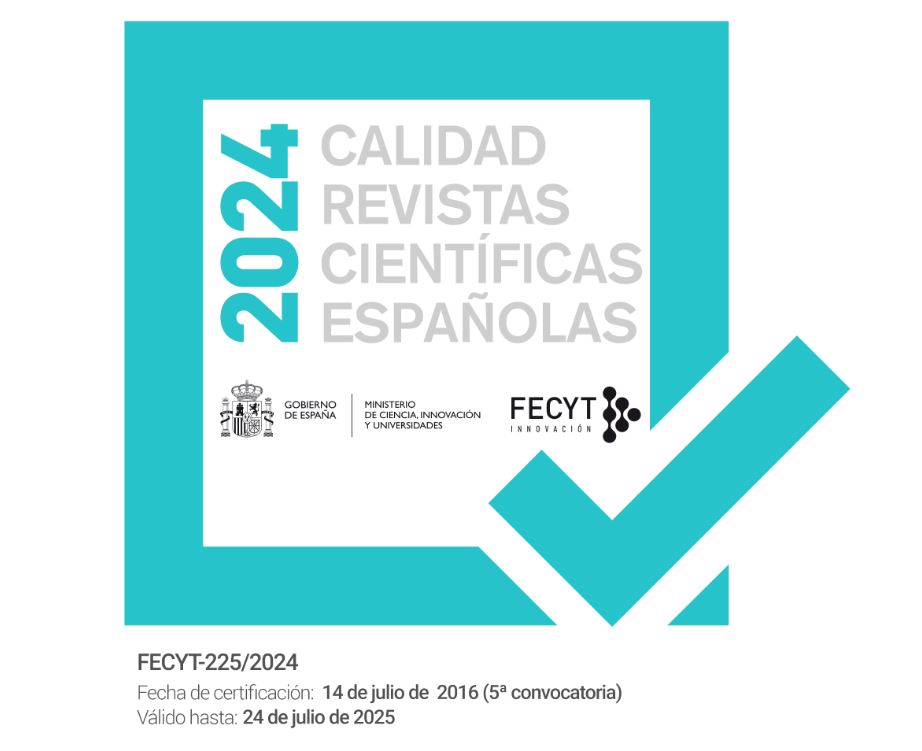Gender and power among the Awa (Maranhão, Brasil). The use of etnoarchaeology for a consideration about past representation
DOI:
https://doi.org/10.30827/arenal.v15i1.3025Keywords:
Etnoarchaeology, Gender relations, RepresentationsAbstract
The Awá are a group of hunters-gatherers that having been moved to an indigenous reservation by the Brazilian government to guarantee his protection have begun to transform the way of life they had before the contact. Basically, they have reduced their mobility and began to cultivate. Although this fact is affecting to the social function of women, we can study yet the power relationships that have defined traditionally this society. This analysis makes clear that the relations between awá men and women are much more complex that the simple projection of our current gender categories would allow supposing. Archaeology works with representations of the past that, in most of the cases, do not challenge the universality of gender categories corresponding to later historical moments. Hence, we consider that the analysis of the gender relations in Awá society could provide a valuable source of suggestions in order to construct more open and complex representations of the past than those that have been used by archaeologists.Downloads
Downloads
Published
How to Cite
Issue
Section
License
Los/as autores/as que publican en esta revista están de acuerdo con los siguientes términos:
Los autores/as conservarán sus derechos de autor y garantizarán a la revista el derecho de primera publicación de su obra, el cuál estará simultáneamente sujeto a la Licencia de reconocimiento de Creative Commons 4.0 BY-NC-ND que permite a terceros compartir la obra siempre que se indique su autor y su primera publicación esta revista.
Los autores/as podrán adoptar otros acuerdos de licencia no exclusiva de distribución de la versión de la obra publicada (p. ej.: depositarla en un archivo telemático institucional o publicarla en un volumen monográfico) siempre que se indique la publicación inicial en esta revista.
Se permite y recomienda a los autores/as difundir su obra a través de Internet (p. ej.: en archivos telemáticos institucionales o en su página web) antes y durante el proceso de envío, lo cual puede producir intercambios interesantes y aumentar las citas de la obra publicada. (Véase El efecto del acceso abierto).














